Publications
Articles, publications, books, tools and multimedia features from the U.S. Institute of Peace provide the latest news, analysis, research findings, practitioner guides and reports, all related to the conflict zones and issues that are at the center of the Institute’s work to prevent and reduce violent conflict.
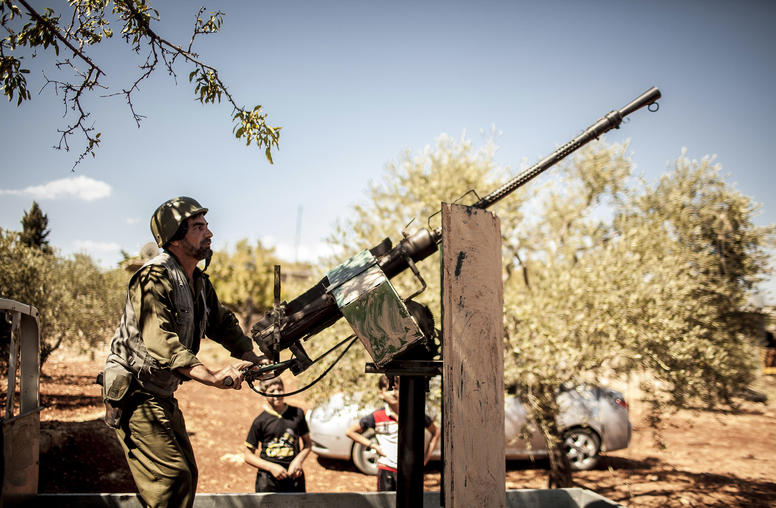
Amid Humanitarian Crisis, Syrian Regime Intensifies Idlib Offensive
Since December 1, the Assad regime—backed by Russia and Iranian-allied militias—has intensified its military offensive on Idlib, one of the last remaining rebel strongholds in Syria. The regime’s escalating attacks have spurred massive civilian displacement, deepening international concerns about an impending humanitarian catastrophe. Alarmed by the mounting violence, Turkey has broadened its military involvement in Idlib as well. USIP’s Mona Yacoubian examines the impact of the Syrian regime’s latest offensive on Idlib.
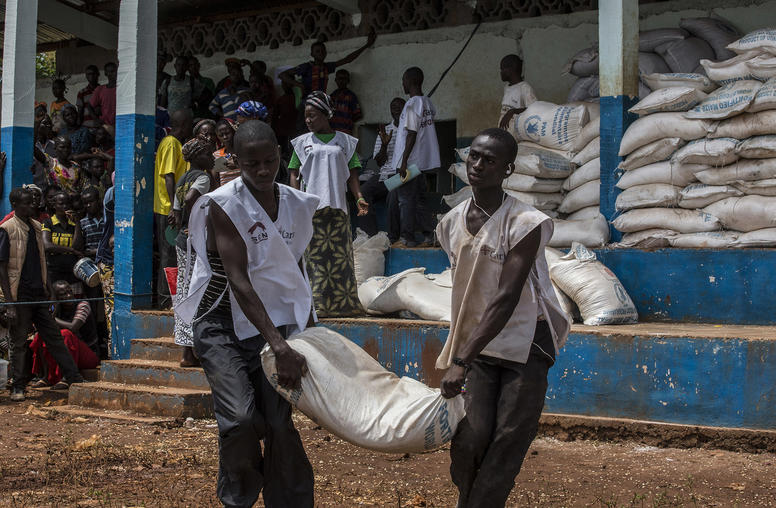
The Role of Aid and Development in the Fight Against Extremism
Extremist groups thrive in fragile states where basic needs go unmet. Development efforts can address the conditions that make people vulnerable to extremism. If you look at a map of where terrorist groups operate and where terrorist attacks occur, you will find that many coincide with locations of intractable conflict and deep development deficits. Low human development indicators, stark disparities in opportunity and access to resources, poor or scattered governance, and a history of conflict and social marginalization feature prominently among afflicted communities.
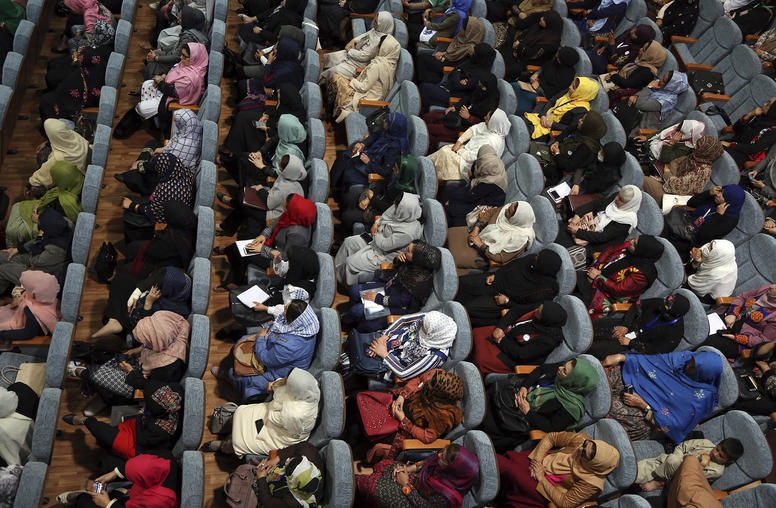
Afghan Women’s Views on Violent Extremism and Aspirations to a Peacemaking Role
Recent efforts at settling the decades-long conflict in Afghanistan have featured an increasingly vibrant and visible display of women’s activism. Even with the support of the government and its international partners, Afghan women still face tremendous challenges to realizing their aspirations for a role in peacemaking. Based on extensive interviews throughout Afghanistan, this report attempts to better understand the changing public role of Afghan women today and their contributions to peacebuilding and ending violence.
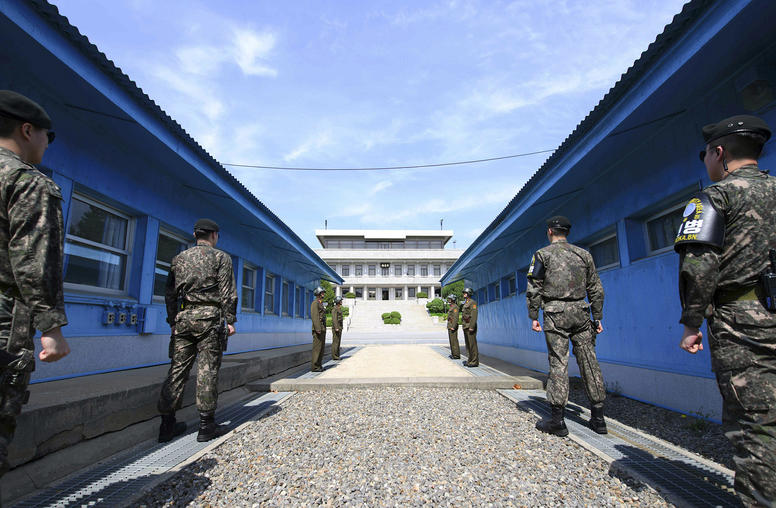
A Peace Regime for the Korean Peninsula
A joint statement by the United States and North Korea in June 2018 declared that the two countries were committed to building “a lasting and stable peace regime on the Korean Peninsula.” Such a peace regime will ultimately require the engagement and cooperation of not just North Korea and the United States, but also South Korea, China, Russia, and Japan. This report outlines the perspectives and interests of each of these countries as well as the diplomatic, security, and economic components necessary for a comprehensive peace.
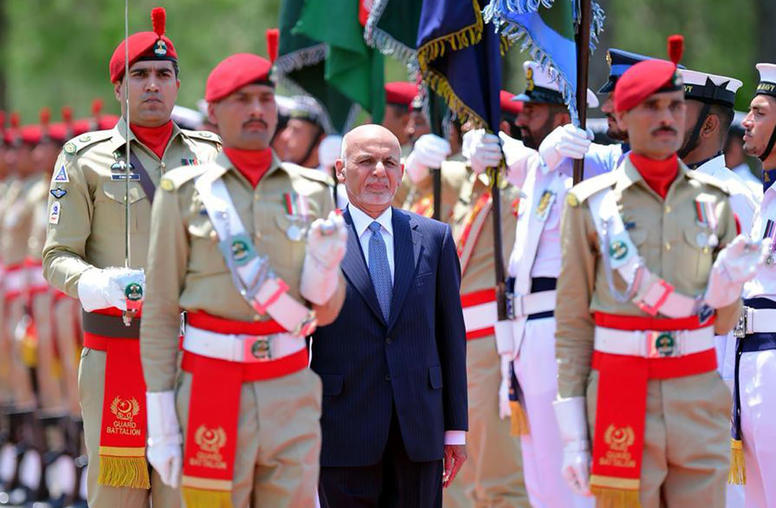
The India-Pakistan Rivalry in Afghanistan
The most consequential regional competition for influence in Afghanistan is the contest between India and Pakistan. Indian leaders strive to cultivate Afghanistan as a natural partner and reliable bulwark against Islamic militants, including Pakistan-backed groups, while Islamabad seeks to counter what it regards as an Indo-Afghan nexus to encircle and weaken Pakistan. This report examines the interests and strategies of both countries in Afghanistan within the context of peace negotiations and developments in Kashmir.

Lucy Kurtzer-Ellenbogen on the Israeli-Palestinian Peace Plan
Discussing the Trump administration’s long-awaited peace plan, USIP’s Lucy Kurtzer-Ellenbogen says that although the proposal nods toward a two-state solution, the details leave one “hard pressed to see how it serves as a formula or basis for bringing both parties back to the table.”
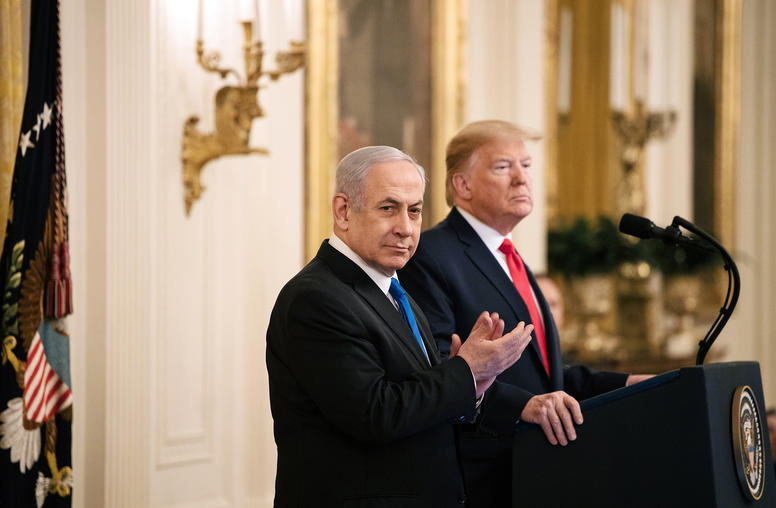
Does the Trump Administration’s Israeli-Palestinian Plan Offer a Path to Peace?
Yesterday, at an East Room gathering, President Trump, alongside Israeli Prime Minister Benjamin Netanyahu, unveiled his administration’s plan to address the Israeli-Palestinian conflict. As promised at the outset of his remarks, the approach represents a vision “fundamentally different from past proposals.” The event itself—with the plan unveiled by U.S. and Israeli leadership—presented a visual that underscored this difference, and the challenge this plan faces if it is to chart a course to peace.
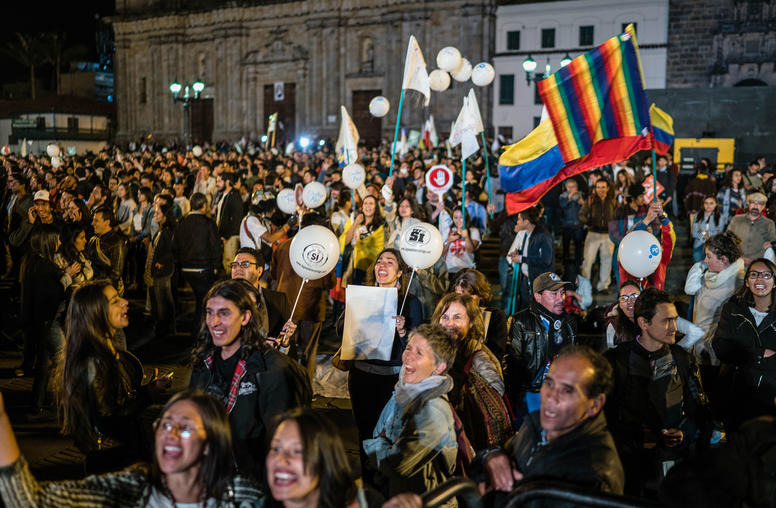
Colombia’s Imperfect Peace Could Provide a Roadmap for Afghanistan
The Afghan peace process was jumpstarted in September 2018 when President Trump appointed Ambassador Zalmay Khalilzad as special representative for Afghanistan reconciliation. Since then, Khalilzad has led 10 rounds of U.S.-Taliban talks, with negotiations focusing on two issues: ensuring the Taliban’s commitment to prevent transnational terrorists from using Afghanistan as a base for attacks, and a U.S. military withdrawal. As the search for peace in Afghanistan continues, what lessons can be learned from other peace processes that could apply to Afghanistan? Colombia’s imperfect peace agreement with the FARC is one especially relevant international reference point for Afghanistan—we explain why.
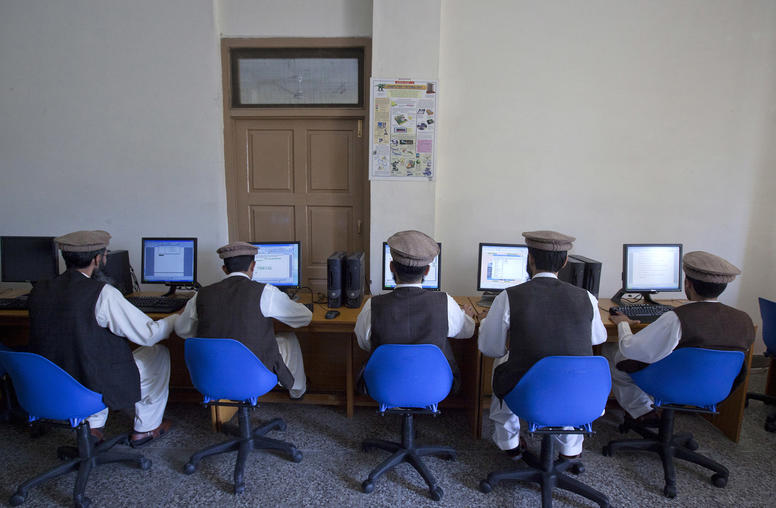
Understanding Pakistan’s Deradicalization Programming
Pakistan has struggled with Islamic militancy since the rise of the mujahideen in the 1980s. In the late 2000s, the Pakistan Army began establishing rehabilitation centers in the Swat Valley in an effort to deradicalize former Taliban fighters and other militants and reintegrate them into their communities. This report contrasts Pakistan’s deradicalization approach with the community-based program used in Denmark and the widely different prison-based program used in Saudi Arabia, and identifies areas in which the army’s approach could benefit from more extensive partnering with civilian-based organizations.
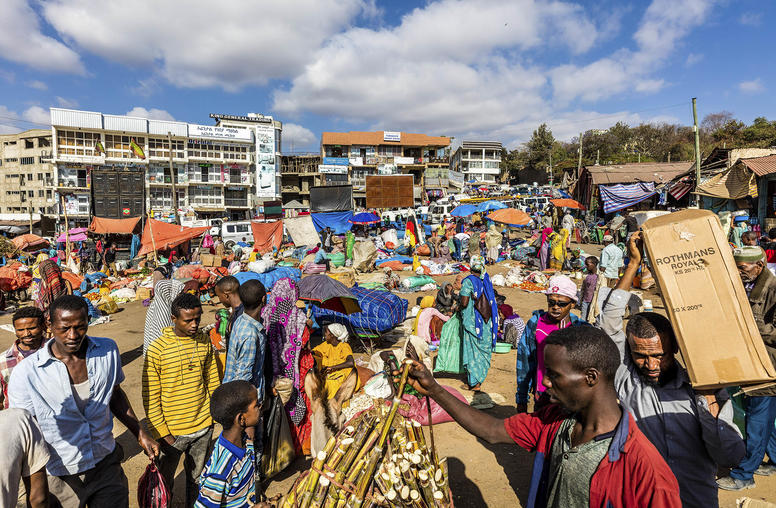
The Middle East’s Complicated Engagement in the Horn of Africa
The Gulf states increased assertiveness in the Horn of Africa has garnered substantial attention of late, particularly the proliferation of military installations and ports and the increase in military and economic aid. Less attention has been paid, however, to the role Middle Eastern countries have played in attempting to resolve some of the Horn’s most intractable conflicts, efforts that in some cases pre-date the more recent security and economic engagements.